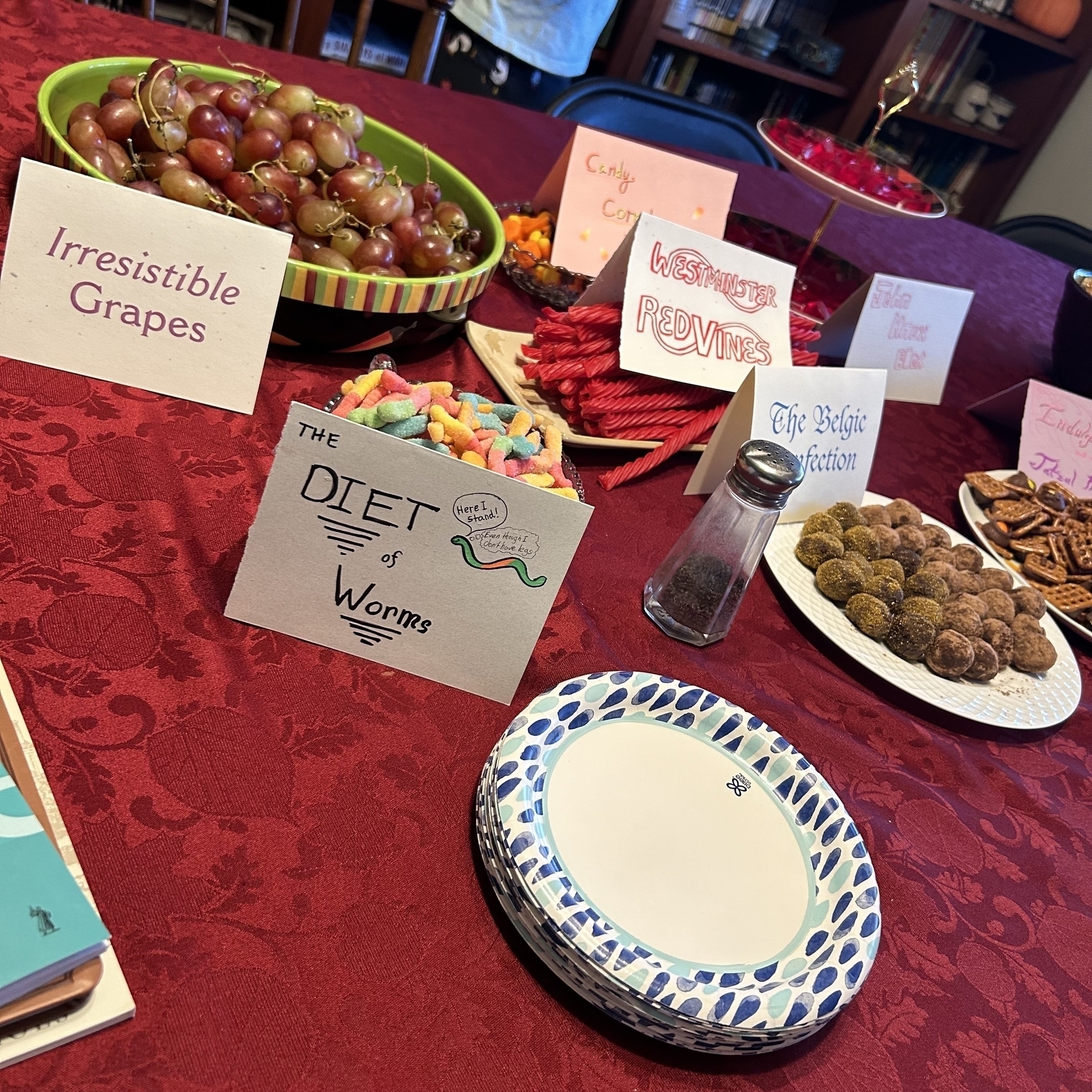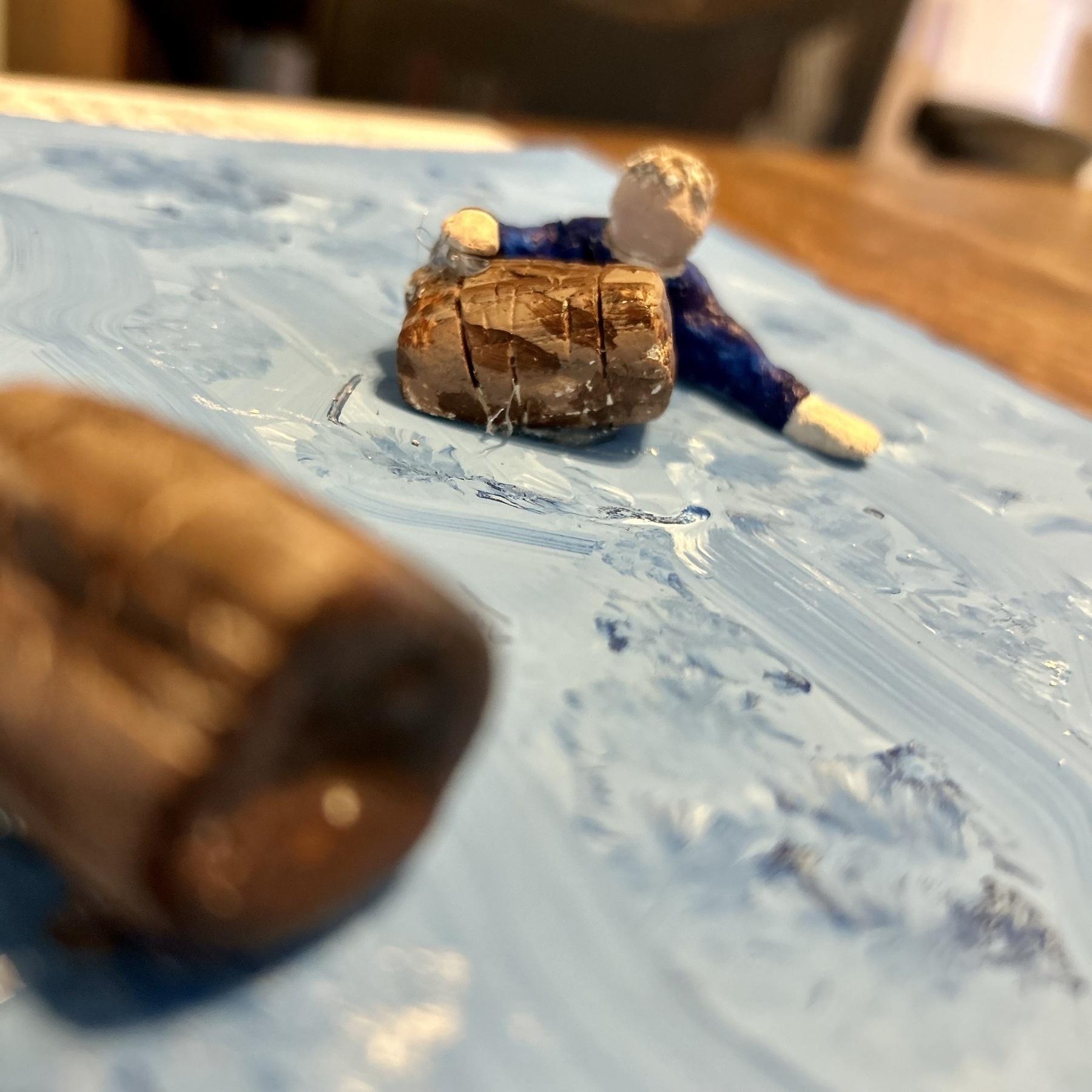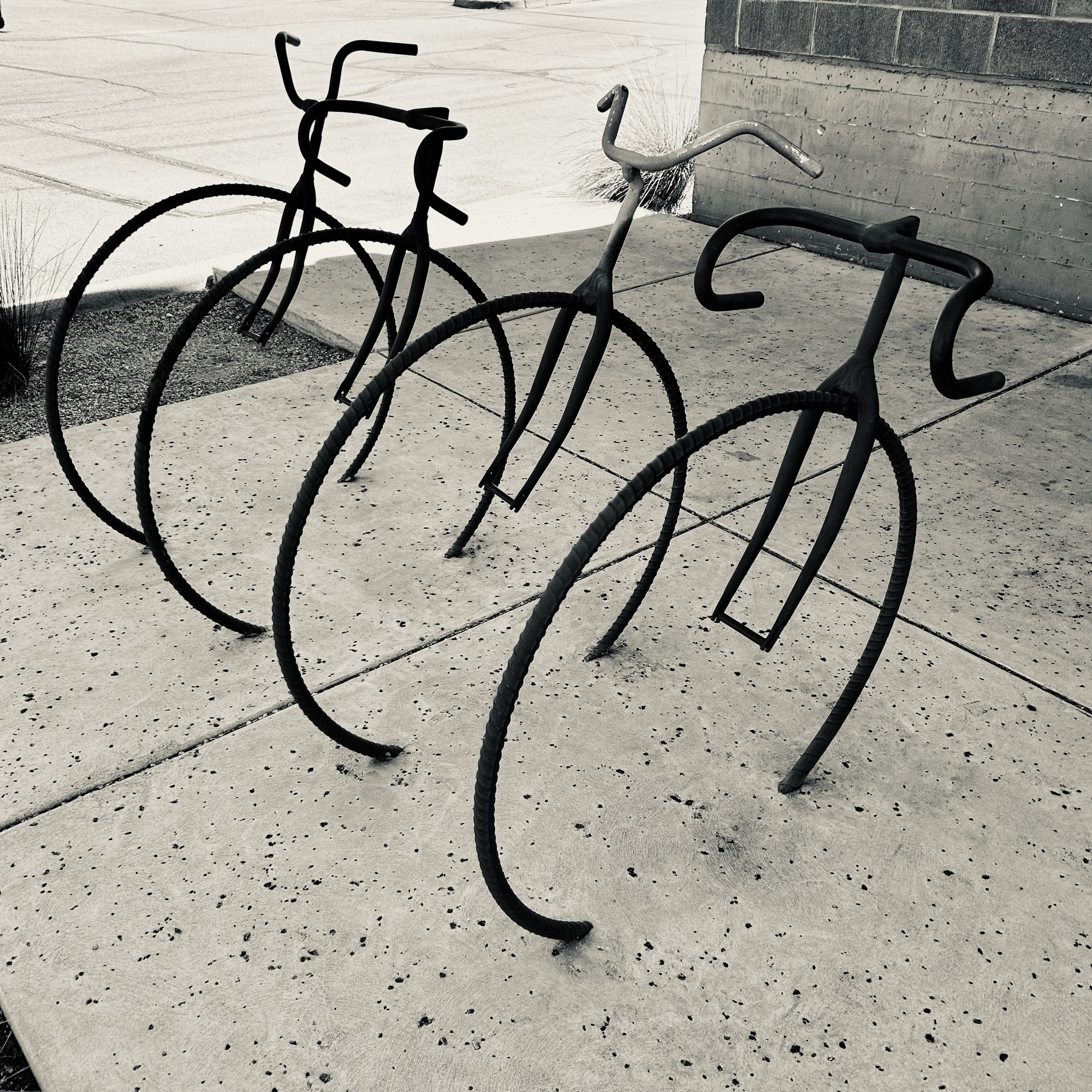microblog

We haven’t gone full Winterhaven yet, but the new Christmas lights we got from Costco are working great, and we love all the decorations in our neighborhood.
Listening to Navidades: Luis Miguel. What a singer! If only the album cover had less cheese rizz. 🎵
Is Bach the greatest achiever of all time? He’s certainly one of the most inspiring.
Currently reading: Scribes and Scripture by John D. Meade and Peter J. Gurry. I’m doing this with some others. If you want to read and then join a lunchtime book discussion on December 7 from 12-1pm (MST), I can send you a link. 📚
War Crimes, Genocide, and Crimes Against Humanity, Explained - Emma Rogers - The Dispatch
Understanding that these terms have specific legal definitions affects how we understand the conflict, how we draw comparisons to other tragedies, and what we expect from any future peace negotiation.
Wolfgang Musculus on the joy and fear of the Lord.
Note, how joy in God, and fear of God, are combined. By joy the sadness and anxiety of diffidence are excluded, but by fear, contempt and false security are banished. So Ps. ii, “Serve the Lord with fear, and rejoice with trembling.”
We were up on Mt. Lemmon earlier this week and saw the leaves starting to change colors. According to this map, the peak will be around October 23 with other parts of Arizona going until mid-November. What a beautiful time of year.
I forgot how much I love The Sons of the Pioneers. But that’s fixed now and I’ve been listening all day. 🎵
Modern Reformation has unlocked 30+ years of archives on their redesigned website. 🤩
30 People in the New Testament Confirmed. Evidence for political and religious individuals.
Most of us know children who come from a single-parent household who are thriving in adulthood. Likewise, we probably know parents who are happier than they would have been had they either stayed in or entered into a marriage with a partner they didn’t love…. Most of us freedom-loving Americans would like to leave the matter there, but ultimately that’s a dodge.






